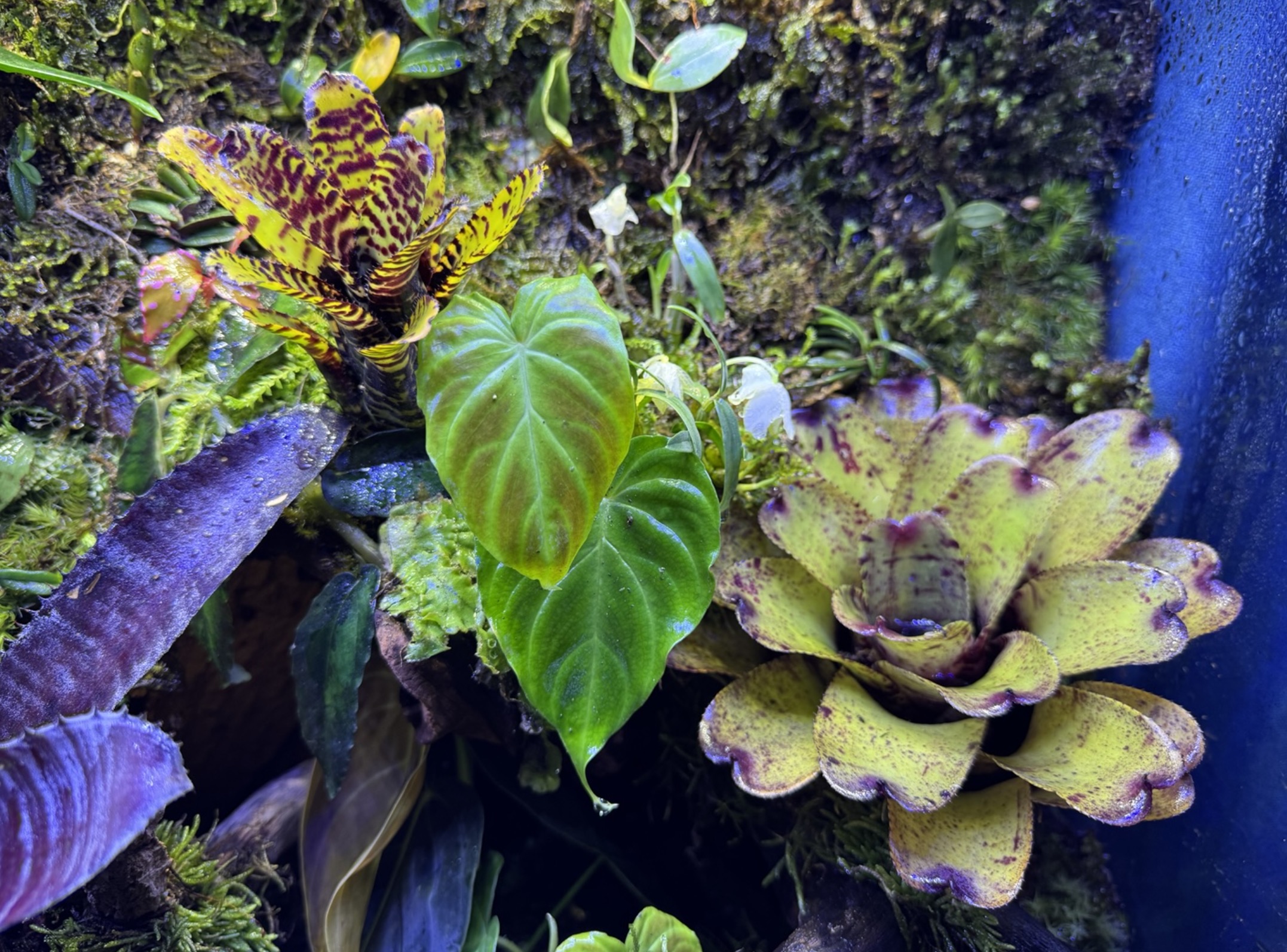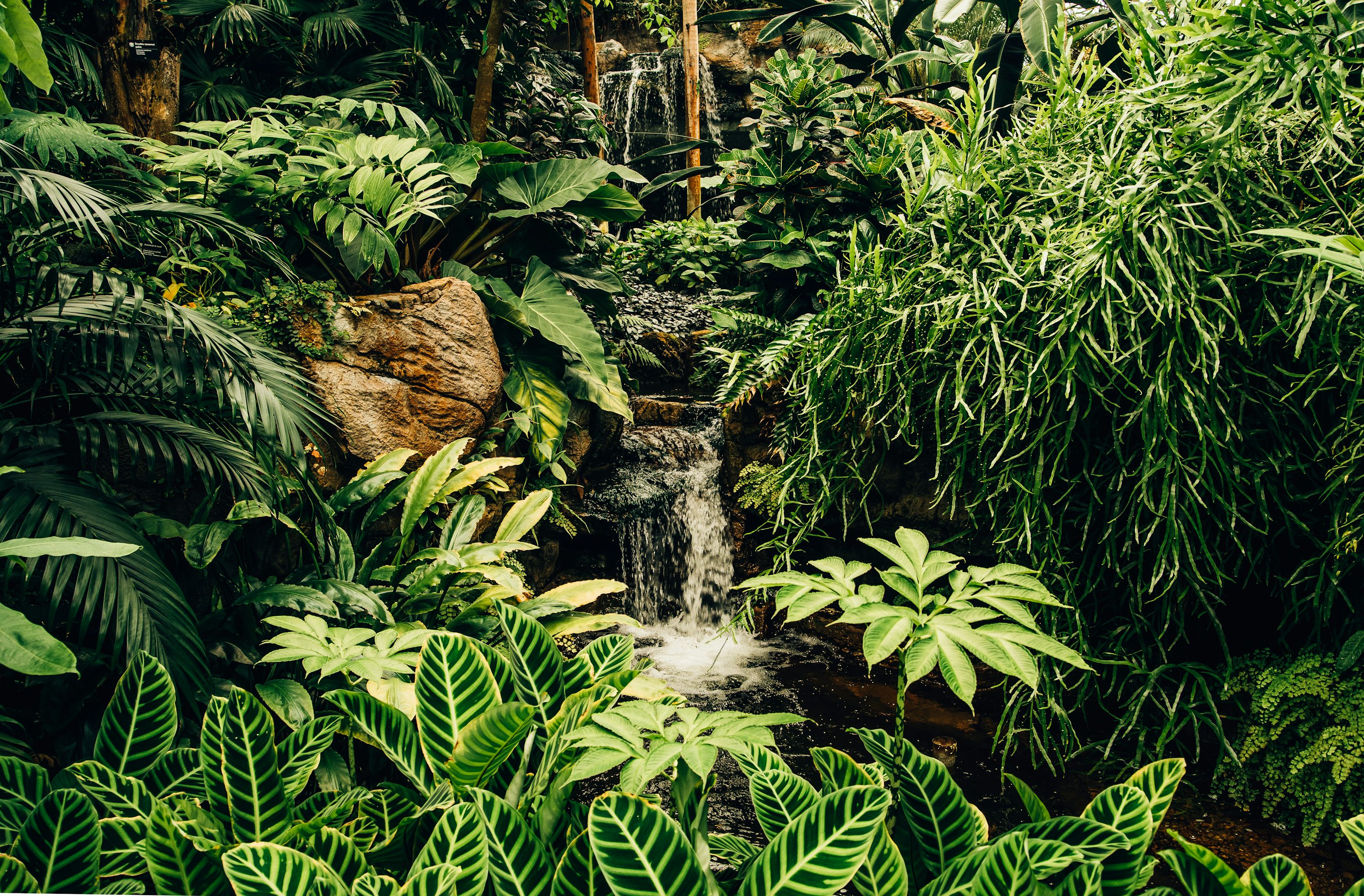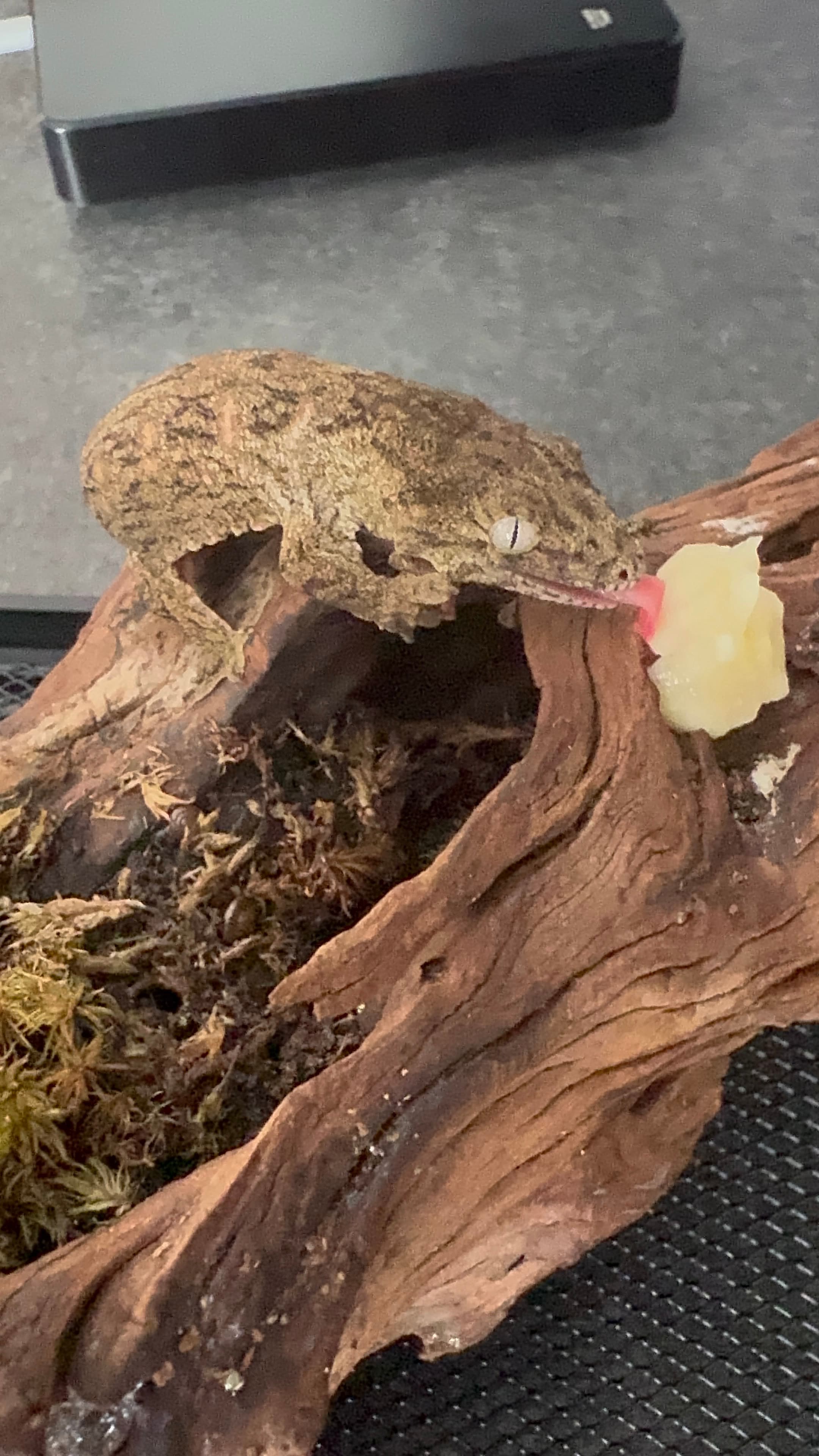Conservation in Madagascar
Journey through Madagascar's unique ecosystems, where reptile conservation meets sustainable design and community education
Endangered Reptiles
These magnificent species face extinction. Madagascar's unique biodiversity and reptiles worldwide need our immediate protection.
Global Crisis
Climate change, habitat destruction, and illegal wildlife trade threaten reptile populations worldwide. Madagascar alone has lost over 90% of its original forests, directly impacting endemic species found nowhere else on Earth.
Urgent Action Needed
Each species in this sphere represents irreplaceable genetic diversity. Some have populations under 1,000 individuals. Without immediate conservation efforts, we risk losing these ancient lineages forever.
"The loss of a single species is a tragedy. The loss of an entire ecosystem is a catastrophe."
Explore Species DatabaseDrag to rotate • Click any species to learn more
Join the Fight Against Extinction
Every species in this sphere has a story, a role in its ecosystem, and the right to exist. Through education, habitat protection, and sustainable practices, we can prevent these extinctions. The time to act is now.

My 13 Years of Reptile Care
Journey Continues...
Featured Work
Dive into the diverse facets of conservation, education, and design

My Personal Journey
A visual journey through 13 years of reptile care, conservation, and unforgettable moments.
Join the Conservation Journey
Whether you're interested in reptile education, vivarium building, or supporting Madagascar conservation efforts, let's connect and make a difference together.
"In the end, we will conserve only what we love; we will love only what we understand; and we will understand only what we are taught."
— Baba Dioum


